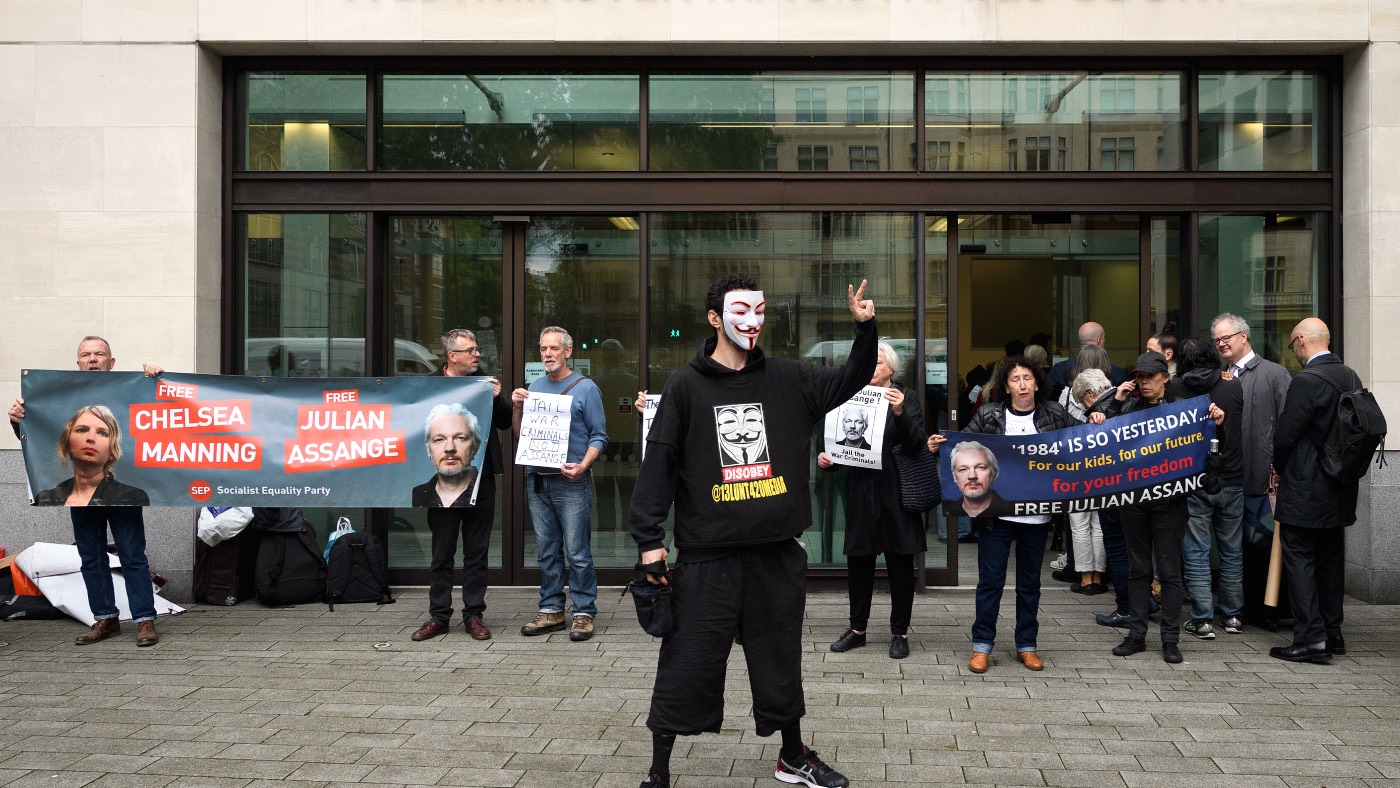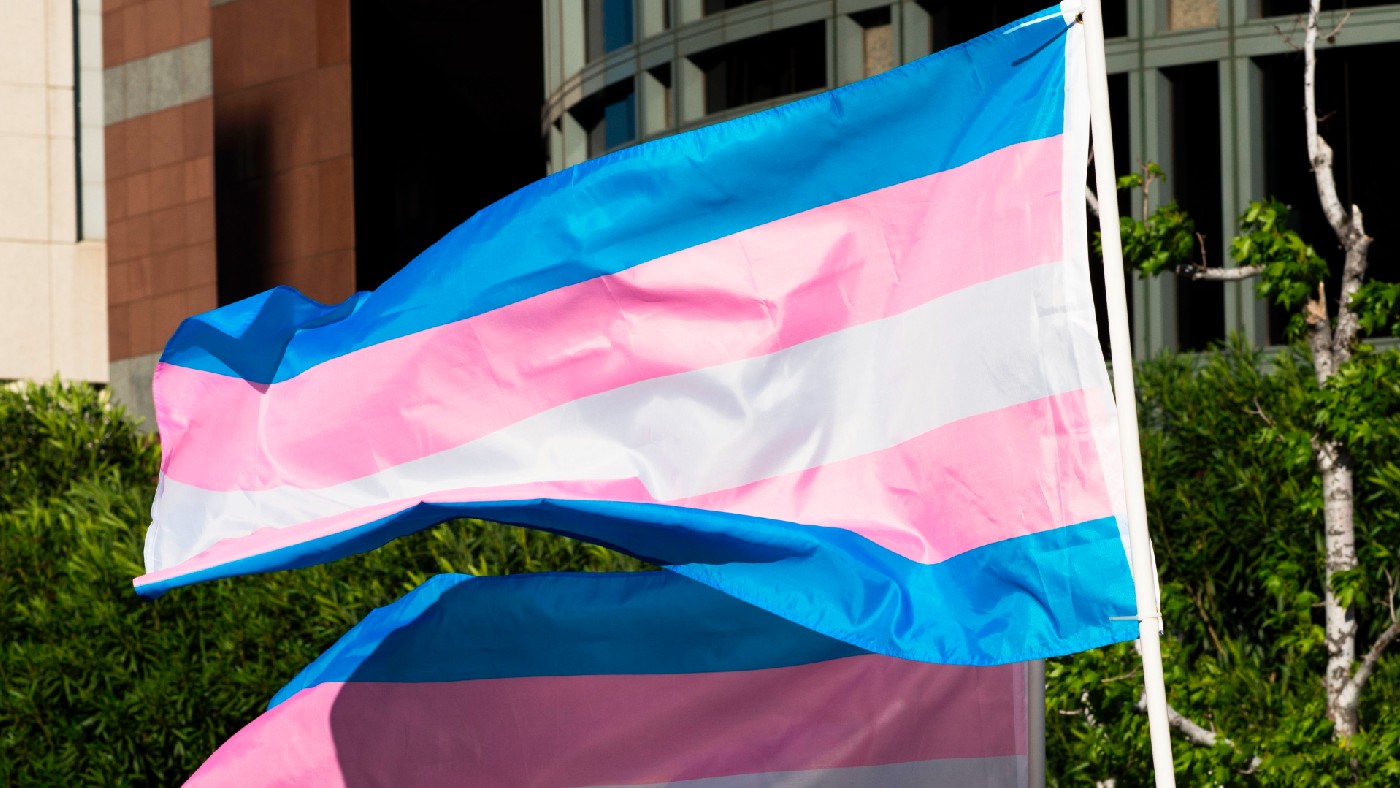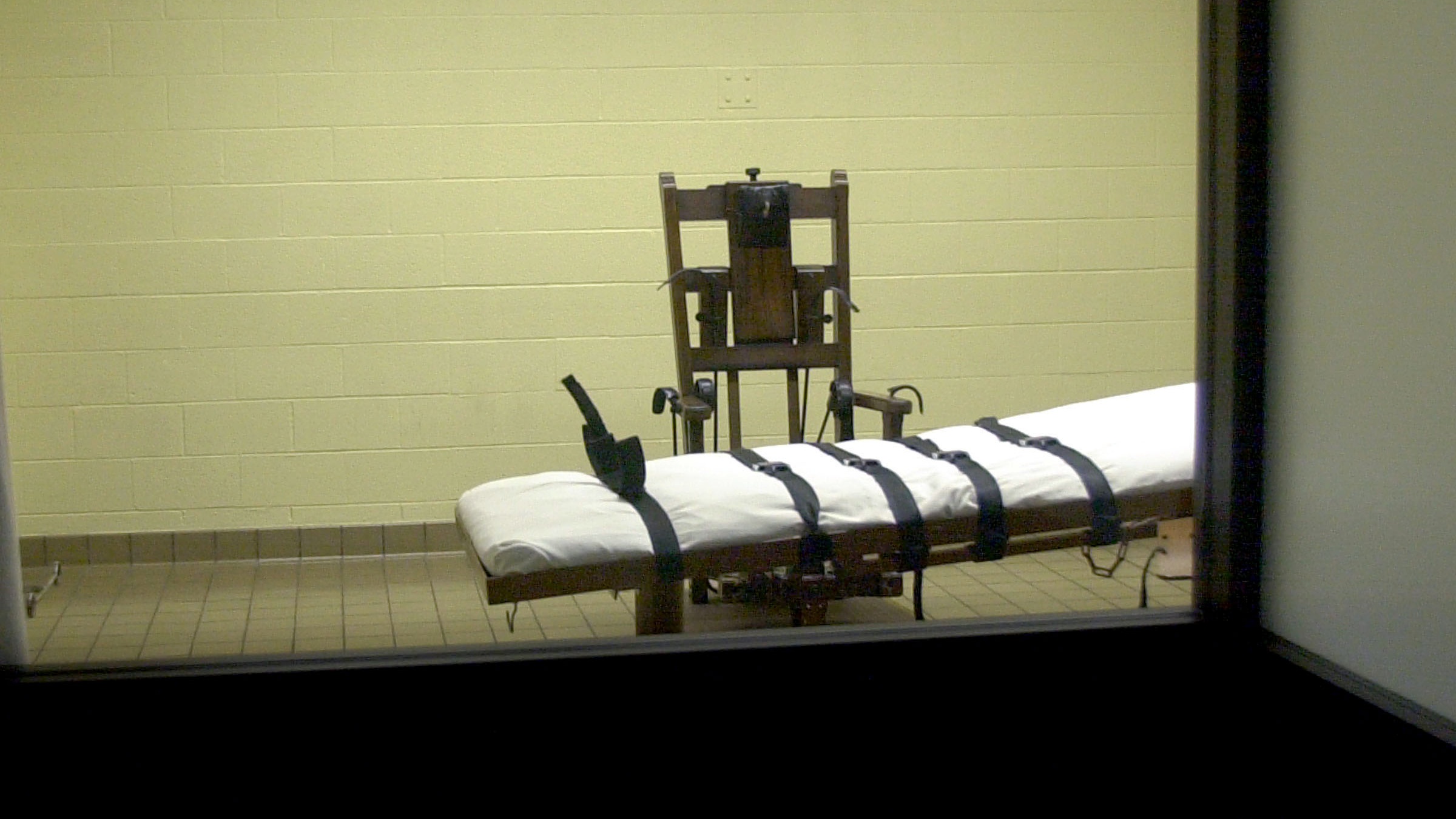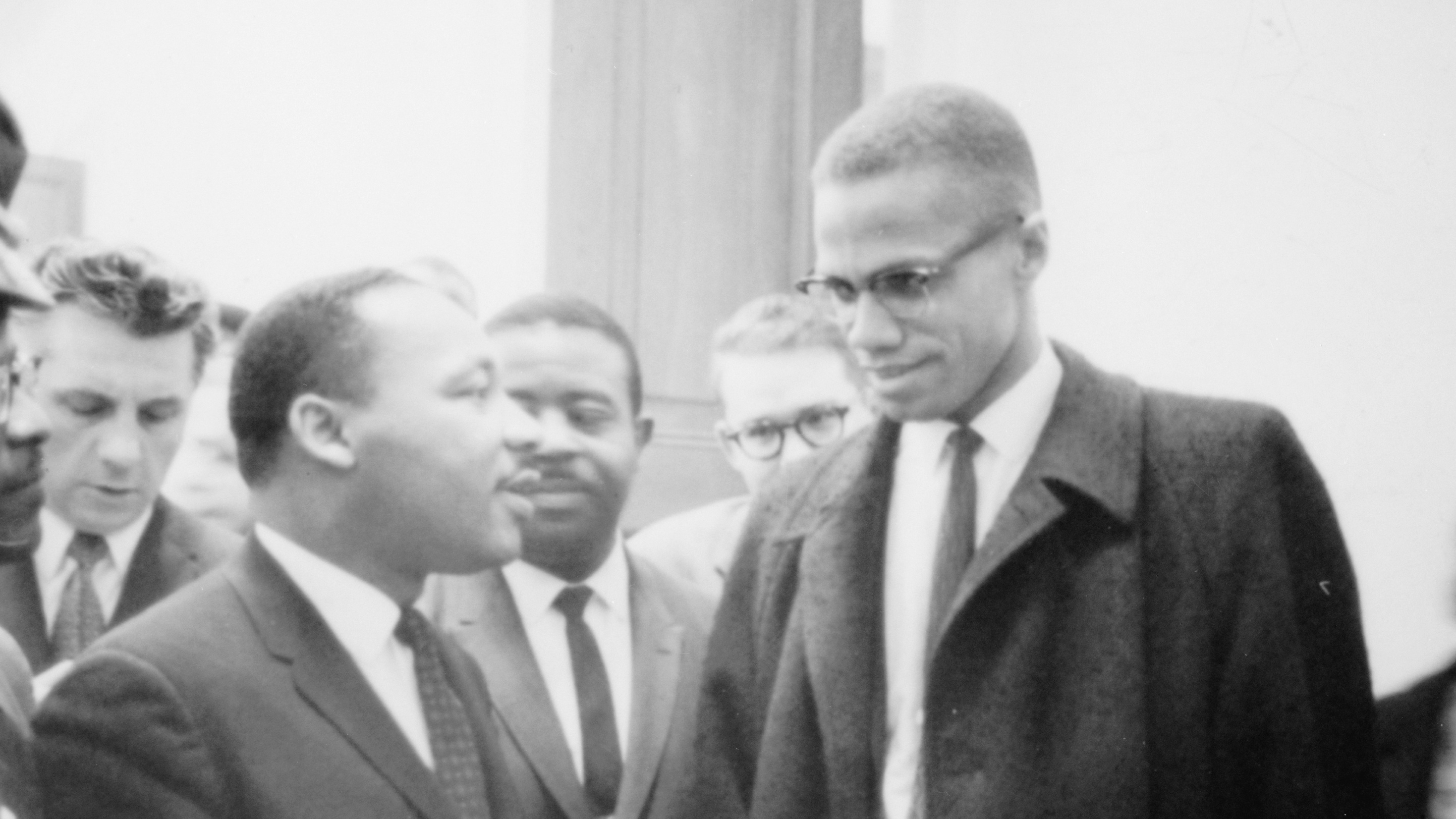US tried to kidnap Julian Assange, says lawyer
WikiLeaks founder makes unsuccessful bid to delay his extradition hearing

A free daily email with the biggest news stories of the day – and the best features from TheWeek.com
You are now subscribed
Your newsletter sign-up was successful
Julian Assange’s extradition hearing will go ahead in February 2020 after a judge denied a request by his lawyers to delay proceedings by three months due to alleged US interference.
The WikiLeaks founder appeared at Westminster Magistrates court yesterday for a case management hearing on his extradition to the United States. He is accused of breaking into a classified Pentagon computer and could receive a 175-year jail sentence if convicted.
During the hearing, Assange's lawyer accused US authorities of trying to “kidnap and harm” the WikiLeaks founder, Sky News reports. Mark Summers QC claimed the US had “intruded” on conversations between Assange and his legal team while his client was in the Ecuadorian embassy.
The Week
Escape your echo chamber. Get the facts behind the news, plus analysis from multiple perspectives.

Sign up for The Week's Free Newsletters
From our morning news briefing to a weekly Good News Newsletter, get the best of The Week delivered directly to your inbox.
From our morning news briefing to a weekly Good News Newsletter, get the best of The Week delivered directly to your inbox.
Summers said the intrusions included “hooded men breaking into offices” and that concerns about a kidnapping attempt and “multiplicitous” other matters meant the case should be delayed for three months.
However, Judge Vanessa Baraitser denied the request to delay proceedings and said the case should begin on 25 February.
CNN says that Assange struggled to give his name and date of birth at the beginning of the hearing, making “long pauses and mumbling some words”.
When the judge asked the WikiLeaks founder if he understood what was happening, Assange replied: “What is happening? Not really.” The Independent said he “fought tears”.
A free daily email with the biggest news stories of the day – and the best features from TheWeek.com
The 48-year-old, who is being held at Belmarsh prison, added: “I don’t understand how this is equitable. This superpower had ten years to prepare for this case and I can’t access my writings. It’s very difficult where I am to do anything but these people have unlimited resources.
“They are saying journalists and whistleblowers are enemies of the people. They have unfair advantages dealing with documents. They [know] the interior of my life with my psychologist. They steal my children’s DNA. This is not equitable what is happening here.”
When he was arrested in April, Assange had a long, unkempt beard. At yesterday’s hearing he was clean-shaven and wore a dark blue suit over a pale blue sweater.
Among his supporters in the public gallery were documentary marker John Pilger and former mayor of London Ken Livingstone. Activists outside chanted “Free Julian Assange” and “No extradition, there’s only one decision”.
The case is expected to take months to resolve because each side will be able to make several appeals.
–––––––––––––––––––––––––––––––For a round-up of the most important stories from around the world - and a concise, refreshing and balanced take on the week’s news agenda - try The Week magazine. Get your first six issues for £6–––––––––––––––––––––––––––––––
-
 The ‘ravenous’ demand for Cornish minerals
The ‘ravenous’ demand for Cornish mineralsUnder the Radar Growing need for critical minerals to power tech has intensified ‘appetite’ for lithium, which could be a ‘huge boon’ for local economy
-
 Why are election experts taking Trump’s midterm threats seriously?
Why are election experts taking Trump’s midterm threats seriously?IN THE SPOTLIGHT As the president muses about polling place deployments and a centralized electoral system aimed at one-party control, lawmakers are taking this administration at its word
-
 ‘Restaurateurs have become millionaires’
‘Restaurateurs have become millionaires’Instant Opinion Opinion, comment and editorials of the day
-
 Julian Assange free after agreeing to guilty plea
Julian Assange free after agreeing to guilty pleaSpeed Read Wikileaks founder not expected to serve additional prison time, paving way for return to Australia as a free man
-
 Texas’s abortion law: the Republicans get their way, at last
Texas’s abortion law: the Republicans get their way, at lastSpeed Read SB8 authorises private citizens to sue anyone who performs, ‘aids or abets’ an abortion after six weeks of pregnancy
-
 Changing legal gender: what’s new and how does it work?
Changing legal gender: what’s new and how does it work?Speed Read Cost of a gender recognition certificate application is reduced from £140 to £5
-
 America’s bloodiest state votes to ban the death penalty
America’s bloodiest state votes to ban the death penaltySpeed Read Virginia has executed more than 1,300 people in its 400-year history
-
 FBI accused of ‘fake’ background check on Donald Trump Supreme Court nominee
FBI accused of ‘fake’ background check on Donald Trump Supreme Court nomineeSpeed Read Democratic senator calls for ‘proper oversight’ over Brett Kavanaugh investigation into sexual assault claims
-
 Family of Malcolm X claims letter proves FBI and NYPD involved in his murder
Family of Malcolm X claims letter proves FBI and NYPD involved in his murderSpeed Read Daughters of assassinated civil rights leader demand reopening of investigation
-
 Meghan Markle granted nine-month delay in Mail on Sunday privacy case
Meghan Markle granted nine-month delay in Mail on Sunday privacy caseSpeed Read Duchess of Sussex had applied for summary judgement in battle over letters sent to her estranged father
-
 Meghan Markle to pay £67,000 after losing first round of legal battle against Mail
Meghan Markle to pay £67,000 after losing first round of legal battle against MailSpeed Read Duchess of Sussex is suing the newspaper’s publisher for printing parts of private letter to her father